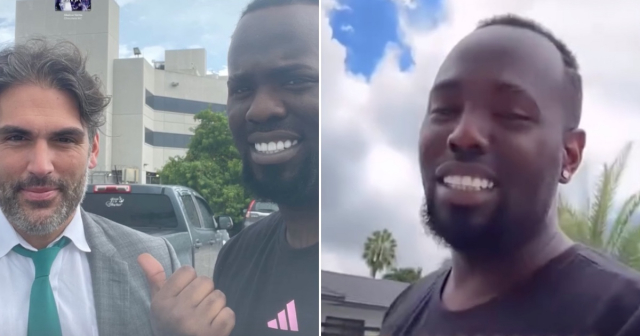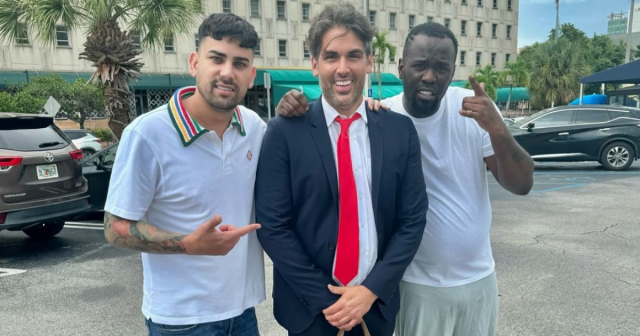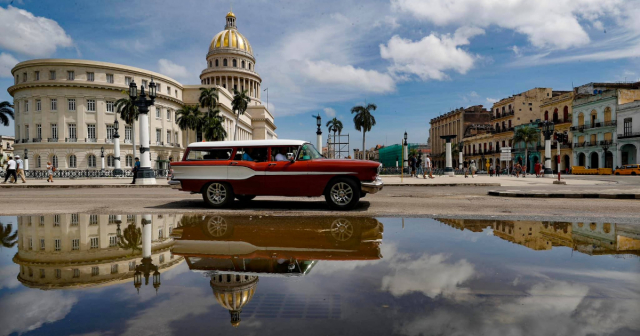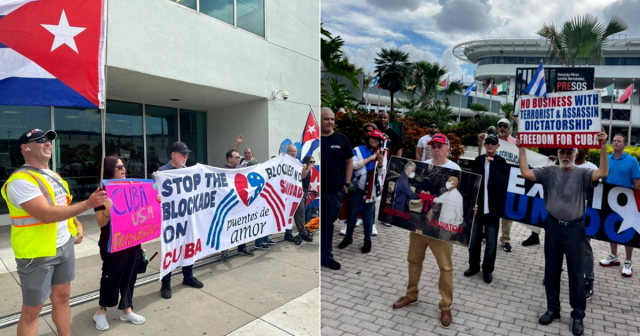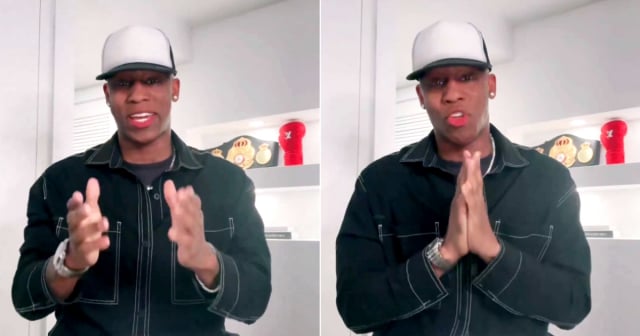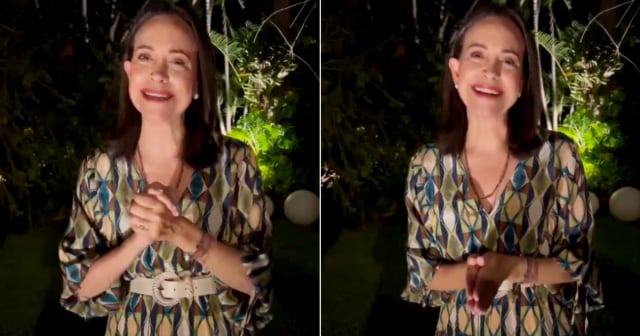The Cuban actor Omar Alí faced the risky challenge of defining his concept of freedom in an interview, and the response he gave has not been well received by hundreds of internet users, who have quickly begun to question him.
Basically, Alí said that freedom is personal, that he can be as free as he wants to be, and that being free is not related to politics.
The interview dates back to early August, but in recent hours it has gone viral after being shared on Facebook by content creator Alejandro Cruz, from where the excerpt jumped to social media, generating extensive controversy.
"Look, freedom, I think that freedom, above all, is individual, it belongs to one person, it is personal, and one is as free as they desire and as much as they are and want. It is a big word, very manipulated," said Alí in response to his interviewer, actress Maikel Amelia, for the program "Cara a cara," from the YouTube channel La Familia Cubana.
"One is free when one is able to do and feel what one wants to do and feel," added the actor; who then noted that freedom "has nothing to do with politics," but rather with oneself.
"Freedom is personal, and there is a tendency in the world not to respect personal freedoms, because I don't have to think like anyone else. I think the way I think, and the only thing I want is for you to respect that criterion," he reiterated.
Omar Alí took the opportunity to criticize those who promote freedom, but when you say something that does not align with their idea of freedom, they jump up.
"That's no longer freedom, it's a political bluff and absurd, but that's not my concern. I am free, I, Omar," he concluded.
Although among the hundreds of opinions expressed in recent hours many believe that what he said has a certain degree of truth, they criticize him for overlooking some basic aspects of what it means to live in freedom.
Alí overlooked that human beings live in society: this means that although they may be free-thinking individuals, that freedom ceases to manifest when they are forced to act under some form of subjugation in order not to lose their physical freedom.
Does that sound familiar to Alí? Oh, no, because freedom has nothing to do with politics, according to the actor.
The fact of being known for playing a Major from the Ministry of the Interior (MININT) in "Tras la Huella" has sealed the deal and generated a wide range of reactions, from jokes to heated reproaches, in which the term "dishonorable" was not absent from the criticism of his response.
"Everyone can think as they wish, but saying that you are free to do what you want in Cuba is hard to believe. There is a dictatorship that imposes the rules, and you are obliged to comply with them, whether you like it or not," pointed out an internet user.
"You were very lukewarm with that statement. Freedom is individual, yes, but it is also about having the courage to speak out when a tyrannical government cuts those freedoms," another pointed out.
"He is free as long as he does not mess with the powers of the dictatorship. Let him stand in the middle of the street and shout: Down with Biden!, Down with Milei! and then shout Down with communism!, Down with Díaz-Canel, let's see how free he is," wrote activist Iliana Hernández.
"Macho, my daughter is taught without any other option to read texts by Fidel, Camilo, and the Che. Do you think that is freedom? Do you think that is respecting the thoughts of others? She has to shout every morning that she is a communist pioneer who wants to be like the Che. Do you think that is freedom? Why don't you talk directly about that instead of beating around the bush without saying anything," questioned lawyer Manuel Viera.
"Freedom is individual, but to exercise it, no power should curtail it; otherwise, it is not freedom," stated Sasha Borrego.
What do you think?
COMMENTFiled under:

